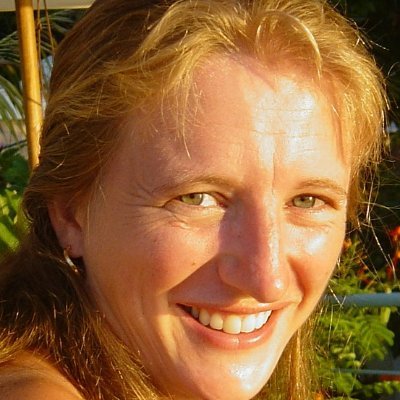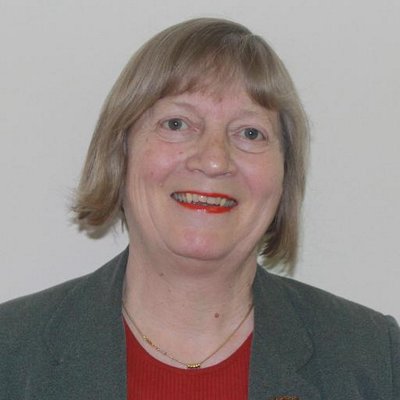It is now not just possible, but essentially routine, to image, move, and spectroscopically probe single atoms. Indeed, state-of-the-art nanotechnology involves the manipulation of matter with better than atomic precision – we can target (and break/form) single chemical bonds. This is achieved using a microscope like no other: the SPM (scanning probe microscope). This ability to not only see but prod, poke, push, pull, pick up, and/or put down individual atoms and molecules means that the world of quantum mechanics becomes tangible even at a GCSE level. I will discuss how we have used the
Sixty Symbols project to bring quantum physics of this type to broad audiences (ranging from 5 to 85 years of age), and where this type of approach can be adopted (and adapted) for classroom/lecture theatre teaching.
A core component of our most recent work at Nottingham involves the integration of machine learning methods with atom manipulation, with a particular focus on the automated assembly of artificial nanostructures and lattices. In essence, we’re working towards the development of a 3D printer that uses individual atoms as its fundamental building blocks. I’ll cover our first, faltering steps in this direction. But beyond its direct exploitation in research (at all scales), AI -- including large language models like ChatGPT -- obviously has a rapidly increasing influence on university physics at all levels: undergraduate teaching, Masters courses, PhD training, assessment/feedback in general... Time permitting, I’ll update and expand on the pros and cons of ChatGPT and its ilk (in the context of physics education and training) that are outlined in
this video.



